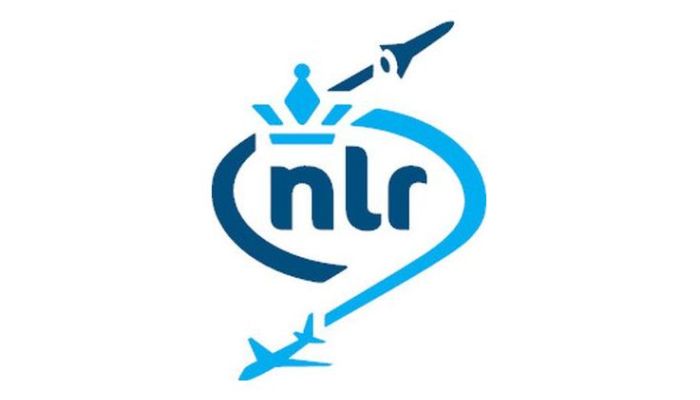
NLR
Royal Netherlands Aerospace Centre
Organisation Introduction
Royal NLR makes aerospace more sustainable, safer, more efficient and more effective. Our innovative solutions and practical advice strengthen the competitiveness of the business community and contribute to solutions for social issues. NLR works in an objective manner, for and with the (inter)national business community and government agencies.
The challenges in aviation are always greater than the possibilities of today. Only the continuous connection of an in-depth understanding of customer needs with leading knowledge and research facilities enables rapid innovation. NLR is the connecting link between science, industry and government.
NLR translates scientific knowledge into smart technological ideas based upon which the industry can develop concrete and competitive products. NLR also provides materials for policy development by the public entities that are responsible for the safety and environmental aspects of air transport. NLR generates 75% of its turnover from paid contracts from the Netherlands and other countries, from governments to aircraft manufacturers, and from civilian to military clients.
Why BRAVA?
Sustainable aviation is one of the core themes within the NLR strategy. We are striving towards a climate-neutral society by 2050. If climate neutral aviation is to become a reality, we need to commit to the development of radical innovations, at both the technological and societal level. In terms of technology, new propulsion technology, aircraft design and alternative fuels are key areas. To make the new technologies socially relevant, the existing infrastructure also needs to be adapted. This means, for example, that there is a sufficient supply of climate-neutral fuels at airports. In terms of society, thought must be given to more climate friendly flight routes, regulation, economic conditions and consequences, and societal acceptance.
The BRAVA project takes on parts of the technological challenges towards sustainable aviation. The project goals and focus closely match the NLR objectives and align with core competences within our organization, such as cooling systems, heat exchangers, hydrogen infrastructure and fuel cells.
What in BRAVA?
Fuel cells generate a large amount of waste heat that has to be removed with a cooling system. Within BRAVA, the NLR will develop a novel cooling system for fuel cells that uses an evaporating fluid to transport waste heat from the fuel cells to the ram air heat exchangers. The advantage compared to a conventional liquid (water/glycol) cooling system is that the required mass flow is an order of magnitude smaller, which results in a significant lower mass. Furthermore, freezing of the fluid under low ambient temperatures (-55 °C) is not possible, since the freezing points of fluids used for this novel system are much lower (typically < -70 °C) than the freezing point of water/glycol (approx. -45 °C).

“Thermal management solutions are core enablers for liquid hydrogen fuel cell powertrains for aviation. Building on NLR’s world class heritage in thermal management, the BRAVA project will help to bring hydrogen-electric flight closer to commercial application.”
